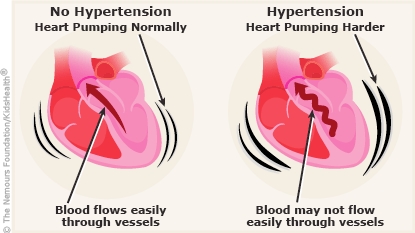Medical Research Pioneering the Future of Healthcare
Medical research is the cornerstone of modern healthcare, driving innovation and improving the quality of life for millions of people worldwide. It involves a systematic investigation of health and disease processes, aiming to develop new treatments, prevention strategies, and diagnostic tools.
Types of Medical Research
- Clinical Research: Involves studies conducted on human subjects to evaluate the safety and efficacy of new drugs, medical devices, or treatment approaches.
- Basic Research: Focuses on fundamental biological processes to increase our understanding of disease mechanisms.
- Translational Research: Bridges the gap between basic research and clinical applications, translating laboratory findings into clinical practice.
The Research Process
- Identify a Research Question: Researchers start by identifying a specific question or problem they want to address.
- Develop a Research Hypothesis: A hypothesis is a testable statement that proposes a relationship between variables.
- Design the Study: Researchers design a study plan, including the study design (e.g., randomized controlled trial, observational study), sample size, and data collection methods.
- Data Collection: Data is collected through various methods, such as surveys, interviews, medical records, and laboratory tests.
- Data Analysis: Collected data is analyzed using statistical methods to identify patterns and draw conclusions.
- Interpretation of Results: Researchers interpret the findings and draw conclusions about the research question.
- Publication and Dissemination: Findings are often published in peer-reviewed scientific journals, presented at conferences, and shared with the broader scientific community.
The Role of Medical Research in Advancing Healthcare
- New Treatments and Cures: Medical research has led to the development of life-saving treatments for various diseases, including cancer, heart disease, and infectious diseases.
- Improved Diagnostic Tools: Advanced diagnostic techniques, such as imaging technologies and genetic testing, have revolutionized the way diseases are detected and diagnosed.
- Enhanced Patient Care: Research has led to improved patient care practices, including evidence-based guidelines and personalized medicine.
- Preventive Measures: Medical research has identified risk factors for various diseases, leading to the development of preventive strategies, such as vaccinations and lifestyle modifications.
By investing in medical research, we can continue to make significant strides in combating diseases, improving health outcomes, and extending life expectancy.




